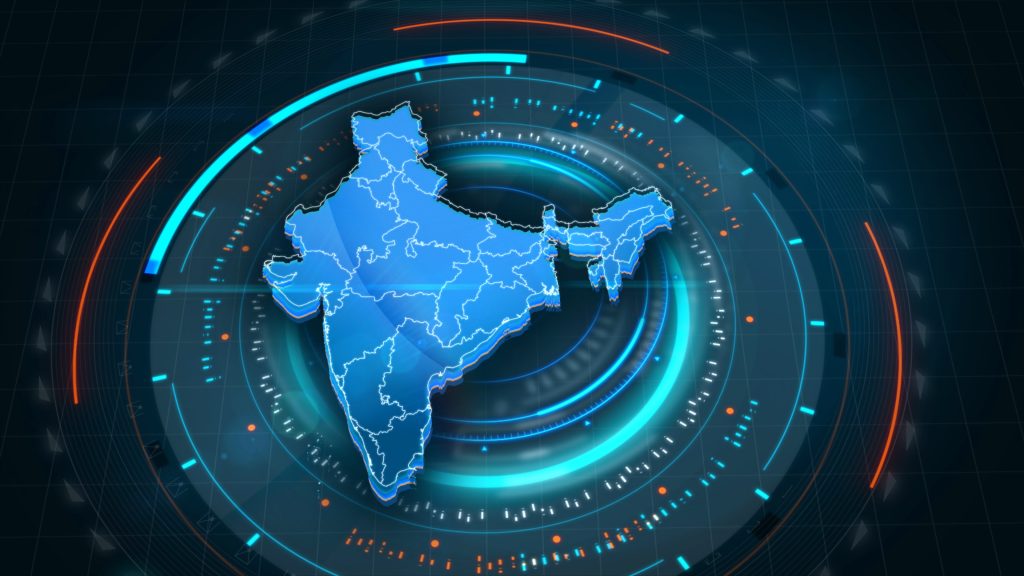NGOs sign a letter to defend net neutrality in India
The letter argues that online services should be treated differently from telecom companies, as they do not control the underlying internet access infrastructure.

Access Now, Internet Society, and 22 other organizations and experts have jointly sent a letter to the Telecom Regulatory Authority of India (TRAI) opposing the enforcement of discriminatory network costs or licensing regimes for online platforms.
The letter argues that online services should be treated differently from traditional telecom companies, as telecom companies control the underlying internet access infrastructure and charge customers directly for internet access. It refutes the claim that internet-based services ‘free-ride’ on telecom services, emphasising that customers pay for internet access.
The coalition of NGOs opposes subjecting online communication platforms to a licensing regime, stating that the internet is a technology-neutral network that does not rely on a scarce resource like spectrum, which is the basis for licensing telecom companies. Furthermore, the letter argues for the permission-less model of the internet, which fosters innovation and allows for the development of new and diverse internet-based communication services. Implementing a licensing framework, the letter argues, would hinder creativity, create high barriers to entry and compliance, and undermine innovation.
Overall, the signatories believe that selective banning must not be permitted without evidence demonstrating its effectiveness, compliance with the principles of necessity and proportionality, and the rule of law.
Why does it matter?
This action aims to yet again highlight the potential consequences of implementing discriminatory network costs or licensing regimes. In 2019, concerns were raised about the number of blocked websites in India following the 2016 discussions and the ‘Save the Net’ campaign. The persistence of this topic shows the civil society organisations concerns about the impact of net neutrality on people’s rights, innovation, and the national economy, stressing that millions of people may no longer be able to afford or use internet-based services, limiting their ability to exercise their fundamental rights.
